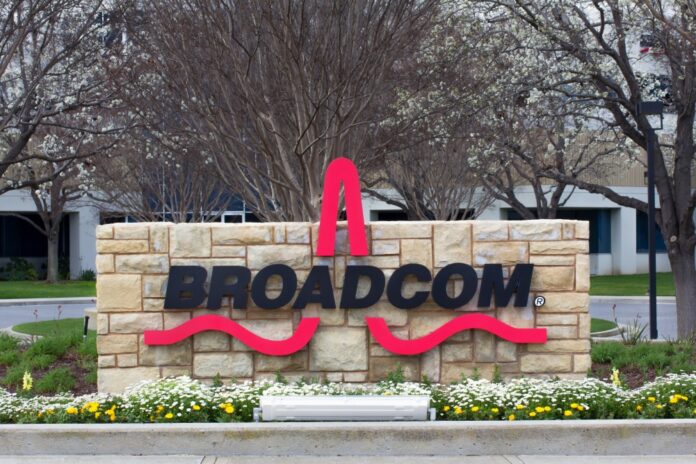Competition and Markets Authority worries the deal will lead to less competition, more expensive servers
US chipmaker Broadcom announced its intention to acquire the cloud software company VMware for $69 billion in May 2022. If permitted, it would be the biggest acquisition in Broadcom’s history. The chipmaker was prevented from acquiring Qualcomm in 2018 on the ground of national security
The UK’s Competition and Markets Authority (CMA) this week said it was concerned the take-over could “lead to less innovation and drive up the cost of computer parts and software” used by the public sector, telecoms and banks.
Specifically, the CMA said the acquisition could harm “rivals by preventing them from being able to supply VMware-compatible hardware components – such as NICs and storage adapters – reducing competition and ultimately choice for customers”.
The CMA is also concerned that Broadcom could obtain commercially sensitive information through VMware from its rivals’ hardware.
International scrutiny
The European Commission is also looking into proposal and at the end of last year, Margrethe Vestager, the Commissioner for both Digital Europe and Competition, said in a statement: “Our initial investigation has shown that it is essential for hardware components in servers to interoperate with VMware’s software.
“We are concerned that after the merger, Broadcom could prevent its hardware rivals to interoperate with VMware’s server virtualization software. This would lead to higher prices, lower quality and less innovation for customers and consumers.”
Broadcom was given five working days to address the CMA’s concerns before deciding whether to initiate an in-depth investigation into the potential impacts of the proposed acquisition.
Hock Tan, the Malaysian-American billionaire at Broadcom’s helm, wants to acquire VMware as part of its strategy to become a diversified tech company and said he expects to close the deal this year.
The EU expects to made a decision about the acquisition by late June. The deal is also under scrutiny by authorities in the US, although those in Australia, Brazil and Canada have already approved the deal.



